Homeless Edmontonians visiting hospital emergency departments have specific needs and would be best served if they had their own dedicated intensive-care unit, say several graduate students at the University of Alberta’s faculty of medicine and dentistry.

A group of students held a news conference on Tuesday to bring attention to their idea, arguing it would serve as a logical extension of work currently being done by the Bridge Healing Transitional Accommodation Program.
The pilot program has received funding from the provincial government and works to connect hospital emergency departments with transitional housing facilities that can offer homeless and vulnerable Edmontonians wraparound health-care services, connect them with resources and help lead permanent housing solutions.
“This is an issue that affects everyone, so we really hope that everyone will come on board,” said Peyton Drain, a graduate student at the U of A.
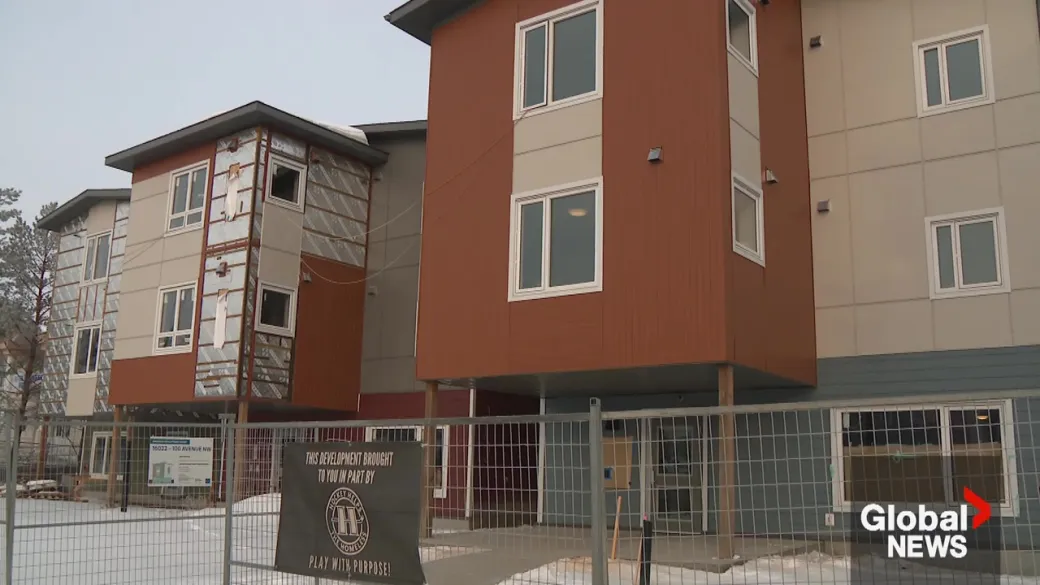
Imrose Buhullar, a master’s of public health student, said the goal of creating a specialized ICU would be to provide more targeted help for people with specific needs, while also trying to “reduce the burden on our emergency rooms.”
“In the long run, you’re going to actually spend less money,” she argued. “We’ve seen a lot of people move on from Bridge Healing and have a path of recovery.”
Dr. Louis Francescutti, an emergency room doctor at the Royal Alexandra Hospital, said about 9,000 Edmontonians experiencing homelessness come to the facility each year.
“Our emergency departments are in a sad state of affairs,” he said. “And if there’s a population that really needs special attention … They have a different set of needs than our other patients, and up until now we’ve just been treating them and streeting them, which is not the best thing.
“What ends up happening is there is a lot of moral distress within our staff. And we see a lot of turnover — our nurses especially. And so the students have come up with an idea that would offer a solution — a real tangible solution.”
Muskan Kang is a public health master’s student at the U of A and part of the group advocating for the specialized ICU. She said that while the ICU idea is still somewhat in its infancy, the group pushing for it would like to see it be located in or near the hospital Francescutti works in.
“Essentially, because the Royal Alex is the epicentre of this crisis here in Edmonton, we would want to probably keep it localized to the area,” she explained.
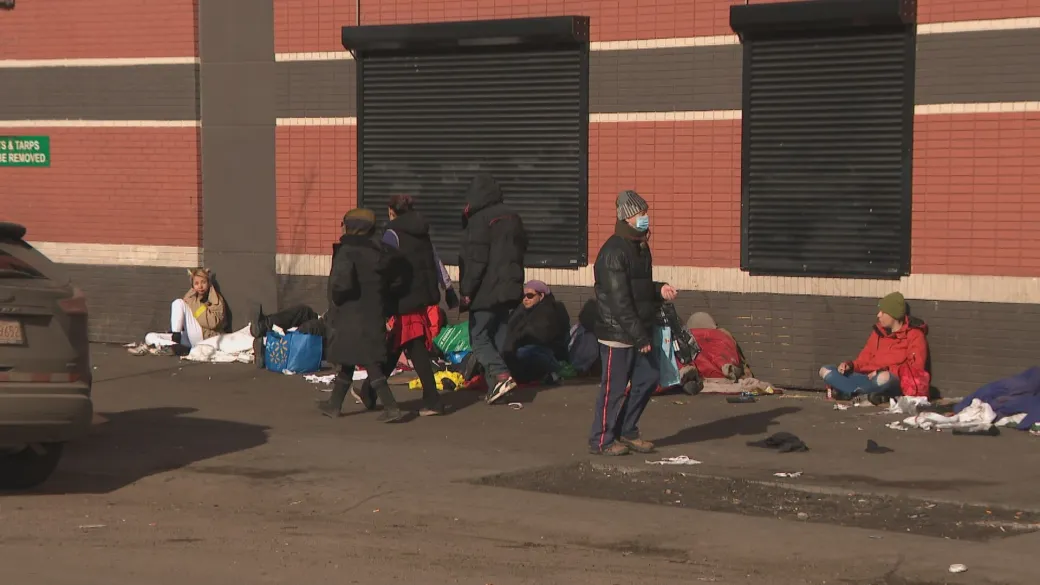
Kang said she believes such a facility could serve to offer a “non-judgmental and unbiased atmosphere for the patient.”
Francescutti believes that people who have lived through homelessness can play an important role in helping to make a specialized ICU work so that it maximizes the amount of help it can offer to people.
Bryan Kenny has experienced homelessness and addiction and said he supports the idea of a specialized ICU. He told Global News he has been sober for 10 years now works as a peer outreach worker with The Alberta Alliance Who Educates and Advocates Responsibly (AAWEAR), a grassroots initiative that works with people with a history of using drugs and educates people about harm reduction.
He recalled going to a hospital 20 years ago to seek help for his heart condition and not feeling supported.
“I literally heard the nurse tell another worker, ‘He’s one of those people. Let’s get him out of here,'” he said. “I felt very judged — very mad.
“(The ICU proposal might) bridge the gap between the actual needs of the people and what’s currently being provided.”
Kenny said he believes a facility geared specifically to people who are homeless would help because staff would know who their clients are and what they need.
“Because of that stigma and stereotype, it’s (currently), ‘Get them in and get them out,'” he said. “(This) would bring a sense of being looked at for who you are not where you are in life — to actually be listened to and get the help you’re needing.
“If I feel heard, understood, appreciated and respected, it makes me feel loved. If I’m getting the care that I need, it makes me feel better about myself. If it makes me feel better about myself, I care about life a little more.”
Kang said she envisions a specialized ICU as a place where physicians and nurses collaborate with social workers, occupational therapists and volunteers to “ultimately make the system more efficient.”
She and the other students pushing to have such a facility hope governments at various levels will express an interest in supporting the idea.
“(Homelessness) is something that’s an issue everywhere,” Kang said. “We’re putting the idea out there to get more traction.”
–With files from Morgan Black, Global News
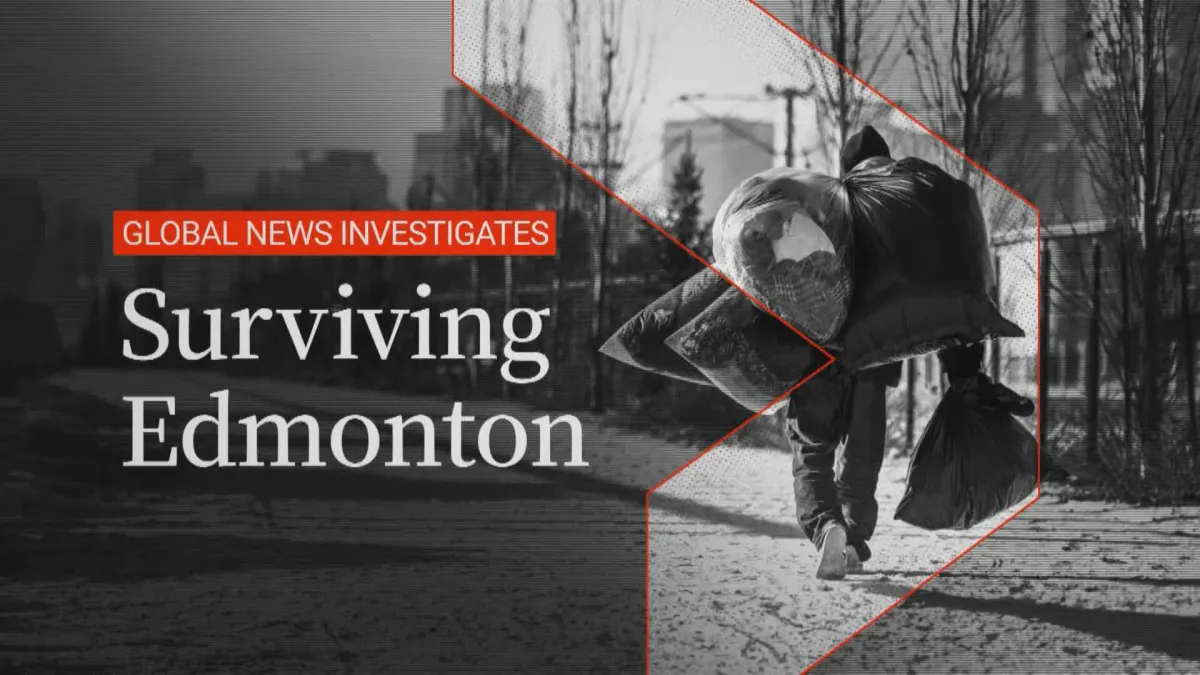

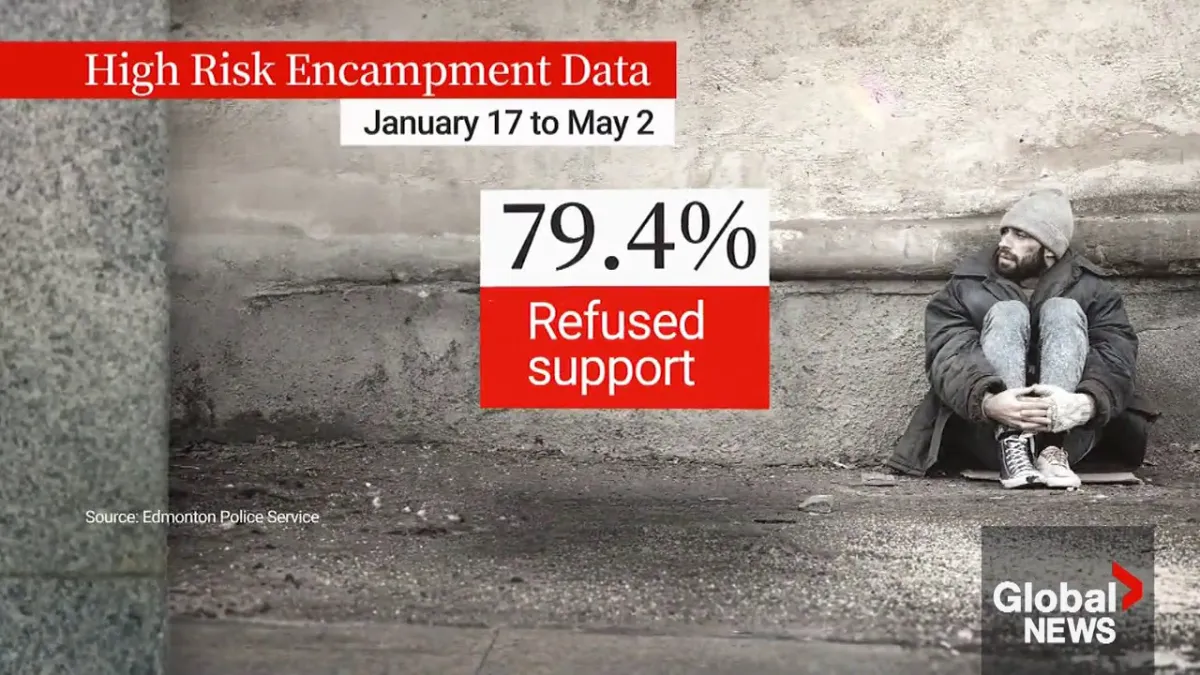
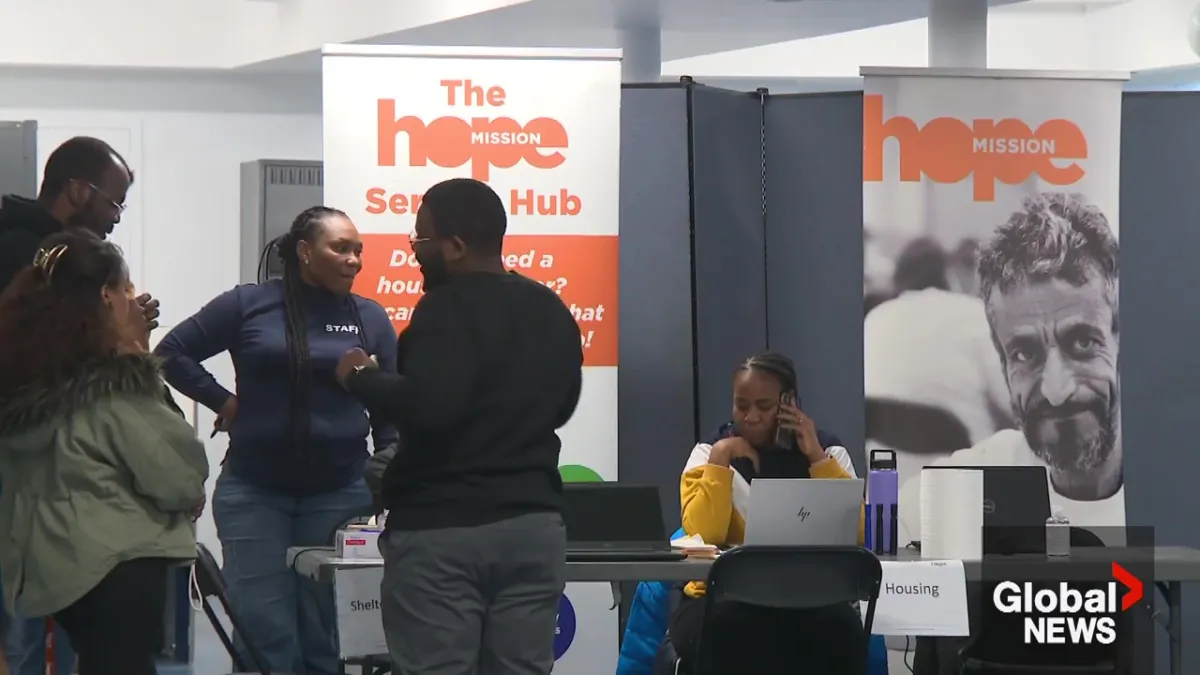
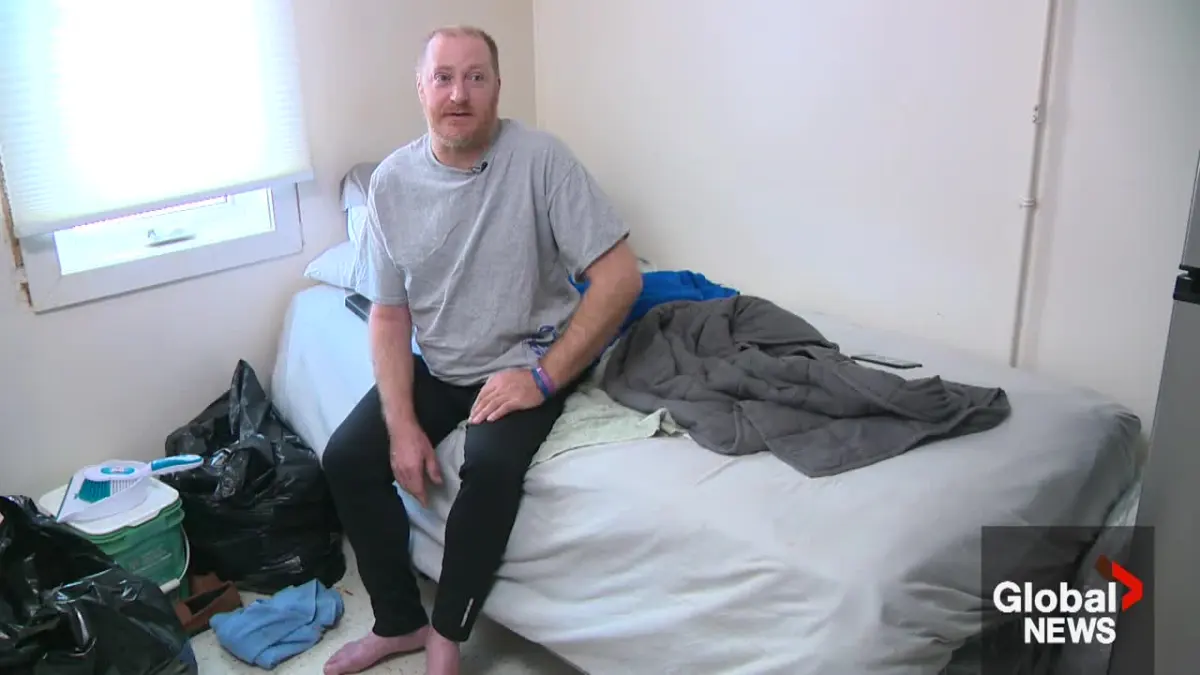
Heart health is crucial for overall well-being. Learn how to keep your heart healthy with these simple lifestyle changes, expert tips, and the latest medical advancements.